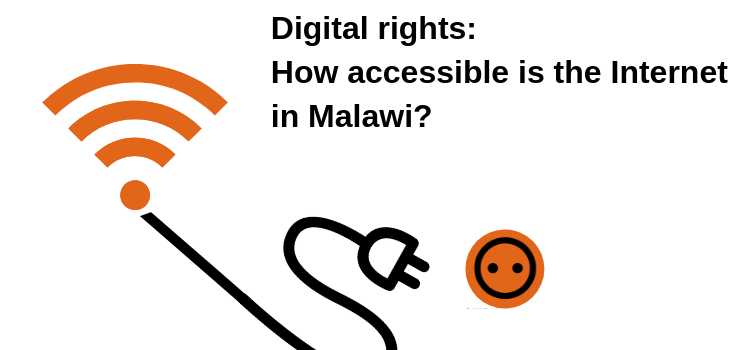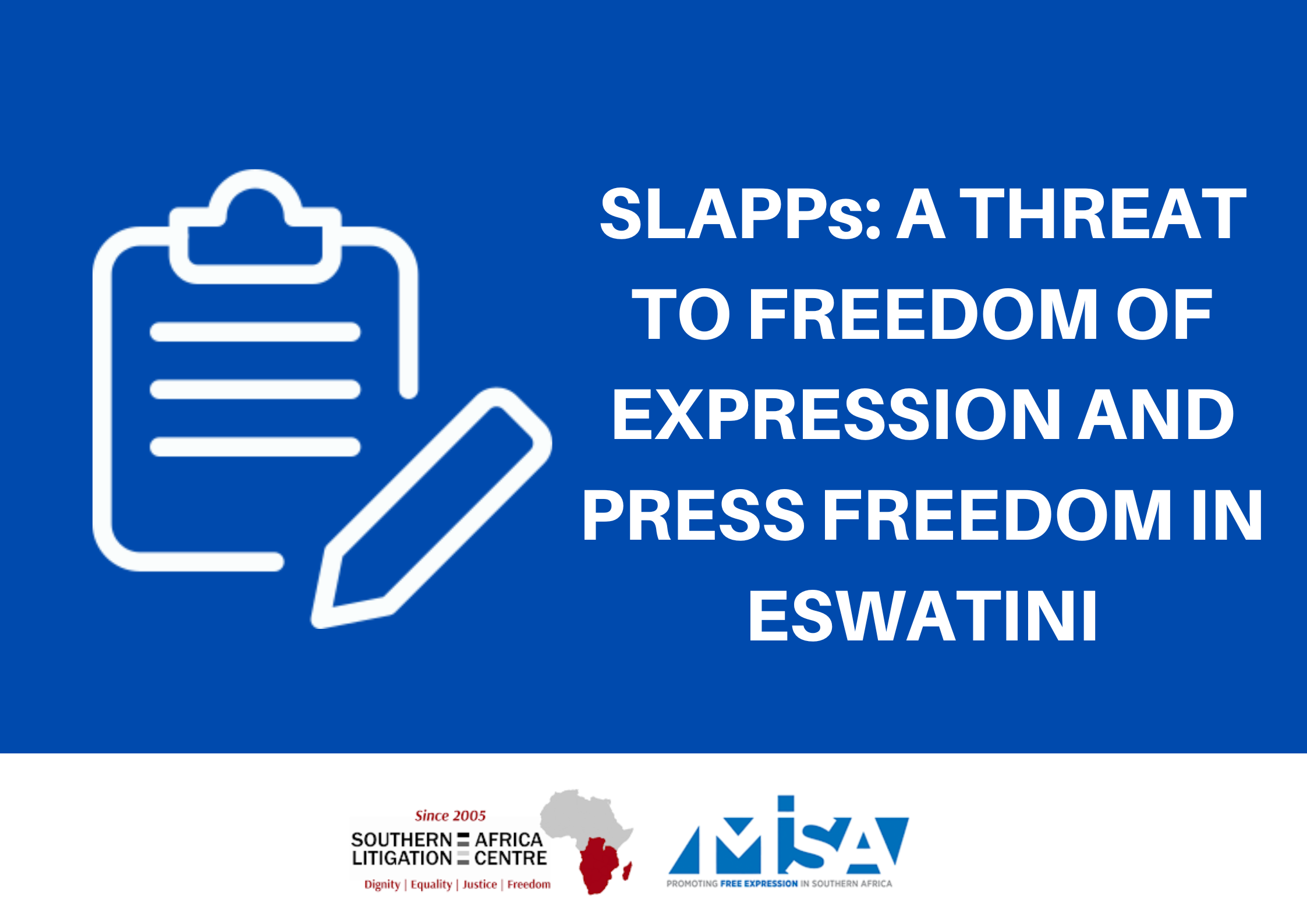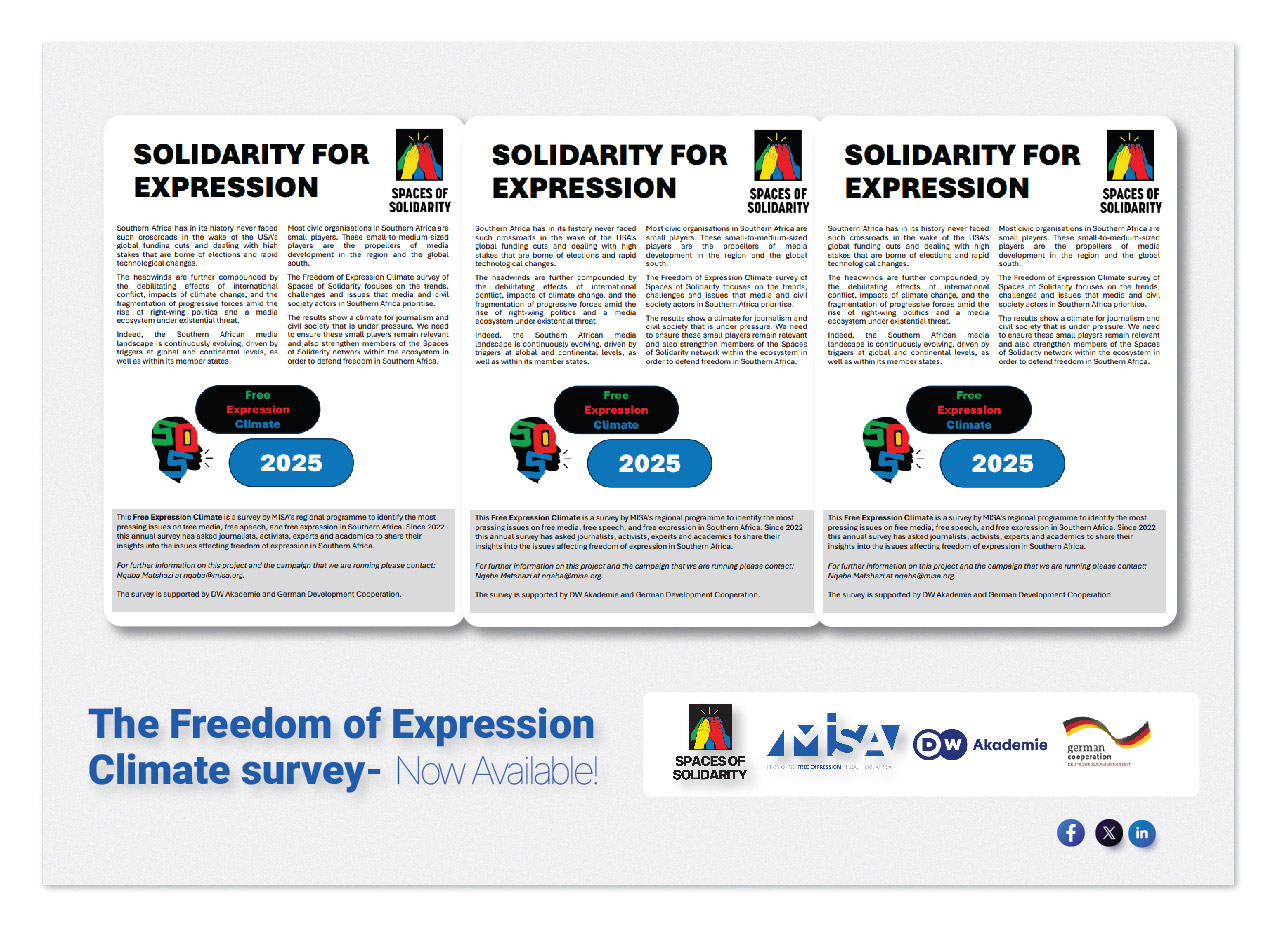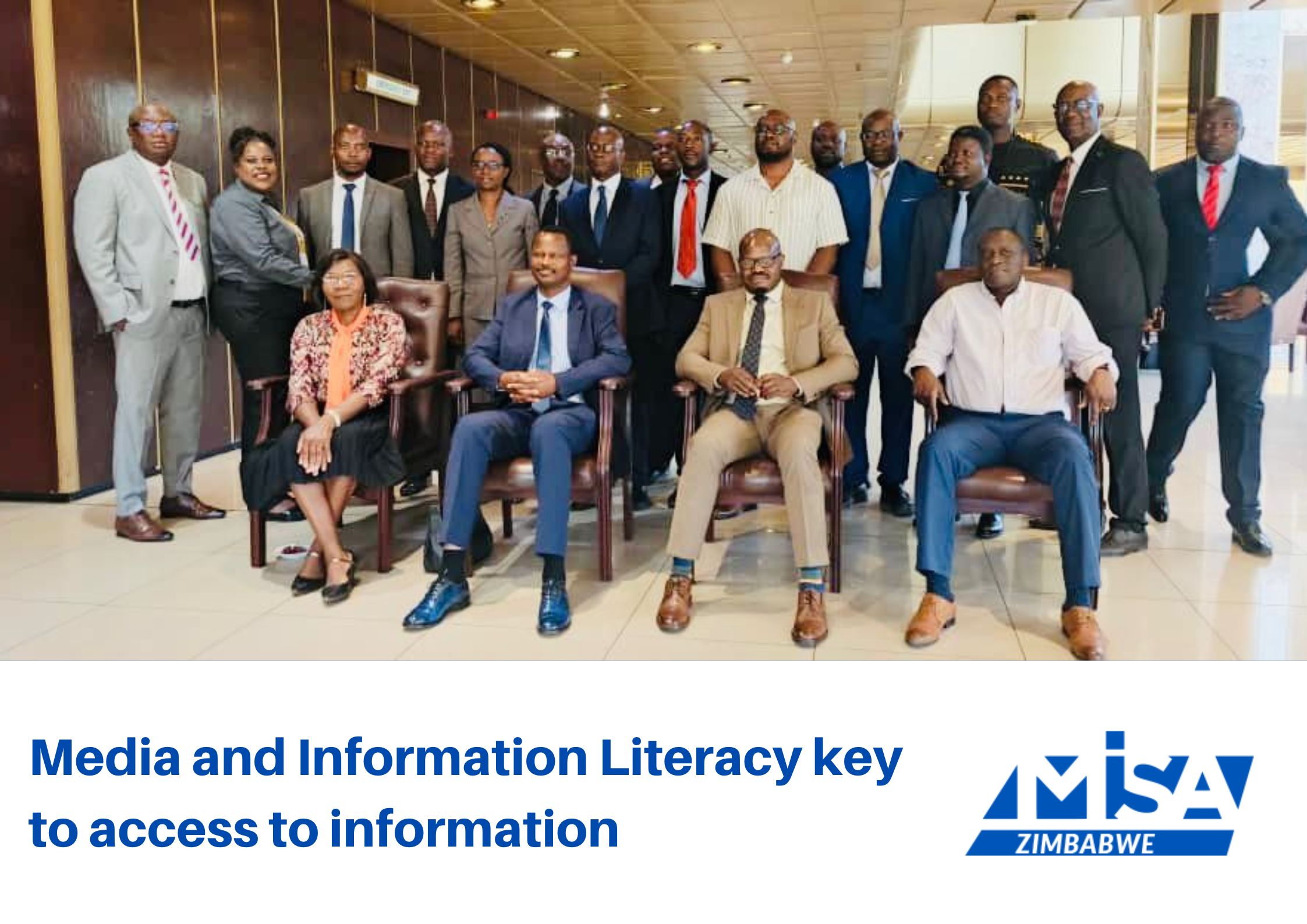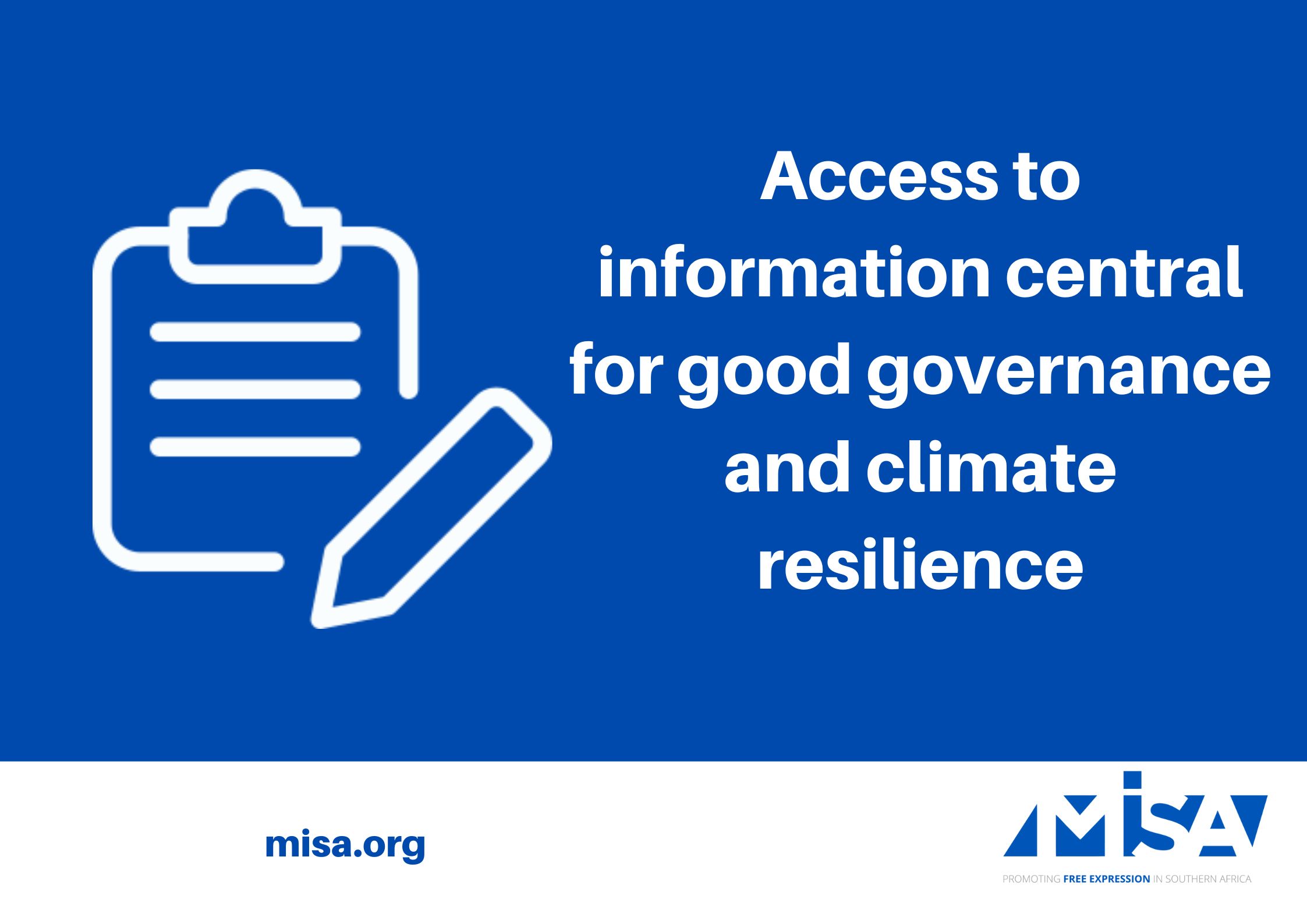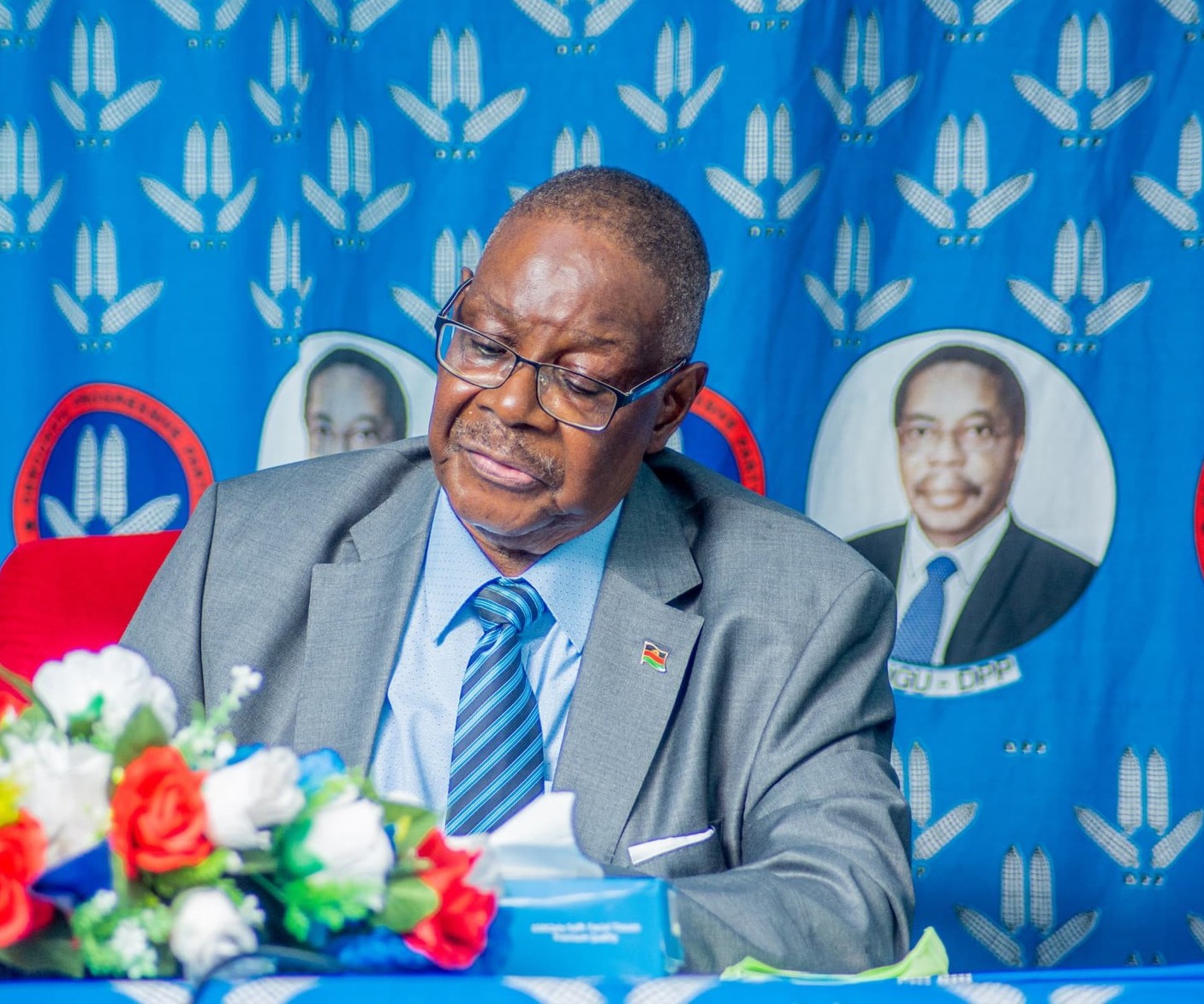Author: Jimmy Kainja
What does access to the Internet mean?
By definition, access means having the ability to connect to the Internet. Dhanaraj Thakur of Alliance for Affordable Internet observes that access requires that people have the ability to connect physically – as in living in an area with Internet coverage—as well as the resources to use the Internet. To have access users of the Internet must have certain components—among these an Internet-enabled device, the cost for data and electricity for charging the device.
The costs of the Internet-enabled device, the power needed to run the device and the Internet data all have costs that must be met by the would-be Internet user. It is, therefore, very possible that Internet may be available, meaning that the Internet coverage is there in a certain area but people in that area would still not have access to the Internet because it is beyond their financial means.
Thakur notices that one of the most significant barriers to accessible Internet is the high cost of the Internet. Malawi is no exception. While the number of people with access to the Internet in the country has improved from 9.6 percent in 2016 to 13.1 percent in 2018, the number remains significantly low.
The country has the lowest Internet access in comparison with regional neighbours such as Zambia where those with access to the Internet are more than twice that of Malawi.
The Inclusive Internet Index 2018 report reveals that out of the 86 countries assessed in the report, Malawi has an overall rank of 85th in the world, only one position ahead of the worst ranked country, Democratic Republic of Congo. Malawi is ranked 83 out of 86 on Internet availability; the country is ranked 84 out of 86 in the world on Internet affordability, and it is ranked 79 out of 86 on Relevant content.
Paradoxically, the report reveals that Malawi has performed relatively well on Internet Readiness. Readiness “examines the capacity to access the Internet, including skills, cultural acceptance, and supporting policy.” Under readiness, other issues measured are literacy—to assess the preparedness to use the Internet as well as trust and safety, this measures Internet safety and cultural acceptance of the Internet. It also measures policy, to assess the existence of national strategies that promote the safe and widespread use of the Internet.
The readiness ranking shows that Malawians are ready to embrace the Internet if the right environment is created for affordable access to the Internet. It shows that the current low Internet access rates in the country have nothing to do with Malawi’s cultural environment or users technical skills, but people have no access to the Internet mainly due to contradictory policies as well as failure by the government to implement conducive policies currently.
The policy and regulatory framework indicates that Internet in Malawi is treated as luxury even at the time when the international community is waking up to the reality of the Internet as key to socio-economic and national development. In fact, the aim of the Inclusive Internet Index is to “measure the extent to which the Internet is not only accessible and affordable but also ‘relevant to all, allowing usage that enables positive social and economic outcomes at individual and group level.’”
Regulatory and policy framework is crucial in overcoming the problem of access. One key factor is building infrastructure and ensuring that average Malawians can afford devices and tools for Internet connectivity, particularly in the rural areas where a huge majority of Malawians live but the areas are unattractive for investors and commercial service providers because people living in rural areas have less spending power.
Article 157 of Communications Act of 2016 provides for Universal Services and Access to telecommunication. Article 158 (1) states: “The Universal Service Fund shall be used for purposes of implementation of universal service and universal access”. Article 158 (2) adds that is shall be done without prejudice to the generality of subsection (1), the proceeds of the Universal Service Fund shall be used to:
- a) offer subsidies on a competitive basis to licensees in order to provide them with incentives to provide universal access in areas that are not economically viable or that are marginally viable without subsidies.
Article 156 (b) (d), and (f) respectively, gives mandate to Malawi’s telecommunication regulator, Malawi Communications Regulatory Authority (Macra) to “set out the operations to be undertaken to ensure universal service”; “to define, plan and coordinate the implementation and monitoring of the universal access and universal service.” Macra is also mandated “to ensure that the provision of universal services is made on affordable tariffs that are accessible to all.”
In conclusion, currently, the Internet is priced beyond the reach of the majority of Malawians. The portion of the Malawian public that has access to the Internet often experience poor quality connections, that is Internet connections that are unreliable, sluggish, and sporadic. Implementing the provisions of the Universal Service Fund would be a practical and good start in ensuring accessible Internet in the country. There is also a need to draft and introduce a legal and policy framework, which clearly recognises that the Internet is not a luxury but a necessity and emphasises the government’s duty to ensure that its citizens have affordable access to it.
This article was originally published in the Malawi Nation on 15 February 2019 with the support of MISA Malawi. This publication was made possible by DW Akademie, Germany’s leading organization for international media development.
It is the second of a three-part that focuses on digital rights in Malawi.
You can read the first part here: Digital rights, Internet accessibility and affordability in Malawi – Part 1
The series discusses digital rights such as data privacy, access to the Internet, and Internet affordability. The series aims to show why it is important for all parts of Malawian society to get involved in the discussion and promotion of digital rights.




